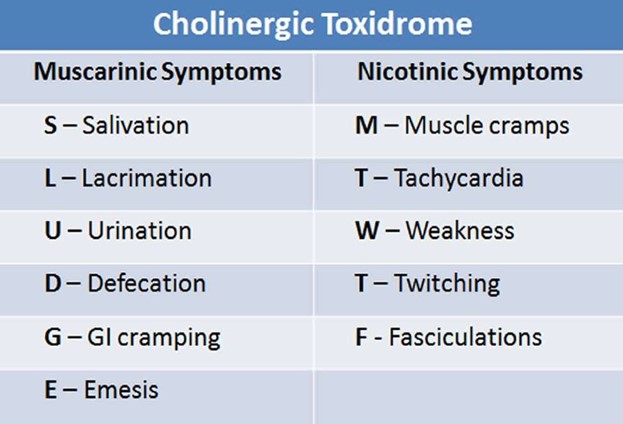Heparin Infusion Review.
A nurse is reviewing the laboratory results of a client who is receiving heparin by continuous IV infusion.
Which of the following results indicates the nurse should decrease the infusion rate?
Erythrocyte sedimentation rate 18 mm/hr.
aPTT 90 seconds.
INR.2.
Platelets 350,000/mm.
The Correct Answer is B
Heparin is an anticoagulant medication that is used to decrease the clotting ability of the blood and help prevent harmful clots from forming in blood vessels.
The activated partial thromboplastin time (aPTT) is a laboratory test commonly used to monitor unfractionated heparin therapy.
An aPTT value of 90 seconds is above the therapeutic range and indicates that the heparin infusion rate should be decreased.
Choice A is wrong because Erythrocyte sedimentation rate 18 mm/hr, is not the correct answer because it is not used to monitor heparin therapy.
Choice C is wrong because INR.2, is not the correct answer because it falls within the normal range for INR values and is not used to monitor heparin therapy.
Choice D is wrong because Platelets 350,000/mm, is not the correct answer because it falls within the normal range for platelet counts and is not used to monitor heparin therapy.
Nursing Test Bank
Naxlex Comprehensive Predictor Exams
Related Questions
Correct Answer is D
Explanation
Long-term use of prednisone can lead to a decrease in bone density and an increased risk of osteoporosis.
Consuming a diet high in calcium can help to maintain bone health and reduce the risk of osteoporosis.
Choice A is wrong because while it is important for individuals taking prednisone to receive immunizations, they should not receive live vaccines due to the immunosuppressive effects of prednisone.
Choice B is wrong because prednisone can cause hypertension, not hypotension.
Choice C is wrong because prednisone can cause hyperglycemia, not hypoglycemia.
Correct Answer is C
Explanation

Neostigmine is an anticholinesterase inhibitor that indirectly stimulates both nicotinic and muscarinic receptors by interfering with the breakdown of acetylcholine.
Stimulation of muscarinic receptors can lead to increased salivation.
Choice A is wrong because an occipital headache is not a manifestation of a muscarinic response to neostigmine.
Choice B is wrong because fever is not a manifestation of a muscarinic response to neostigmine.
Choice D is wrong because a myoclonic seizure is not a manifestation of a muscarinic response to neostigmine.
Whether you are a student looking to ace your exams or a practicing nurse seeking to enhance your expertise , our nursing education contents will empower you with the confidence and competence to make a difference in the lives of patients and become a respected leader in the healthcare field.
Visit Naxlex, invest in your future and unlock endless possibilities with our unparalleled nursing education contents today
Report Wrong Answer on the Current Question
Do you disagree with the answer? If yes, what is your expected answer? Explain.
Kindly be descriptive with the issue you are facing.
